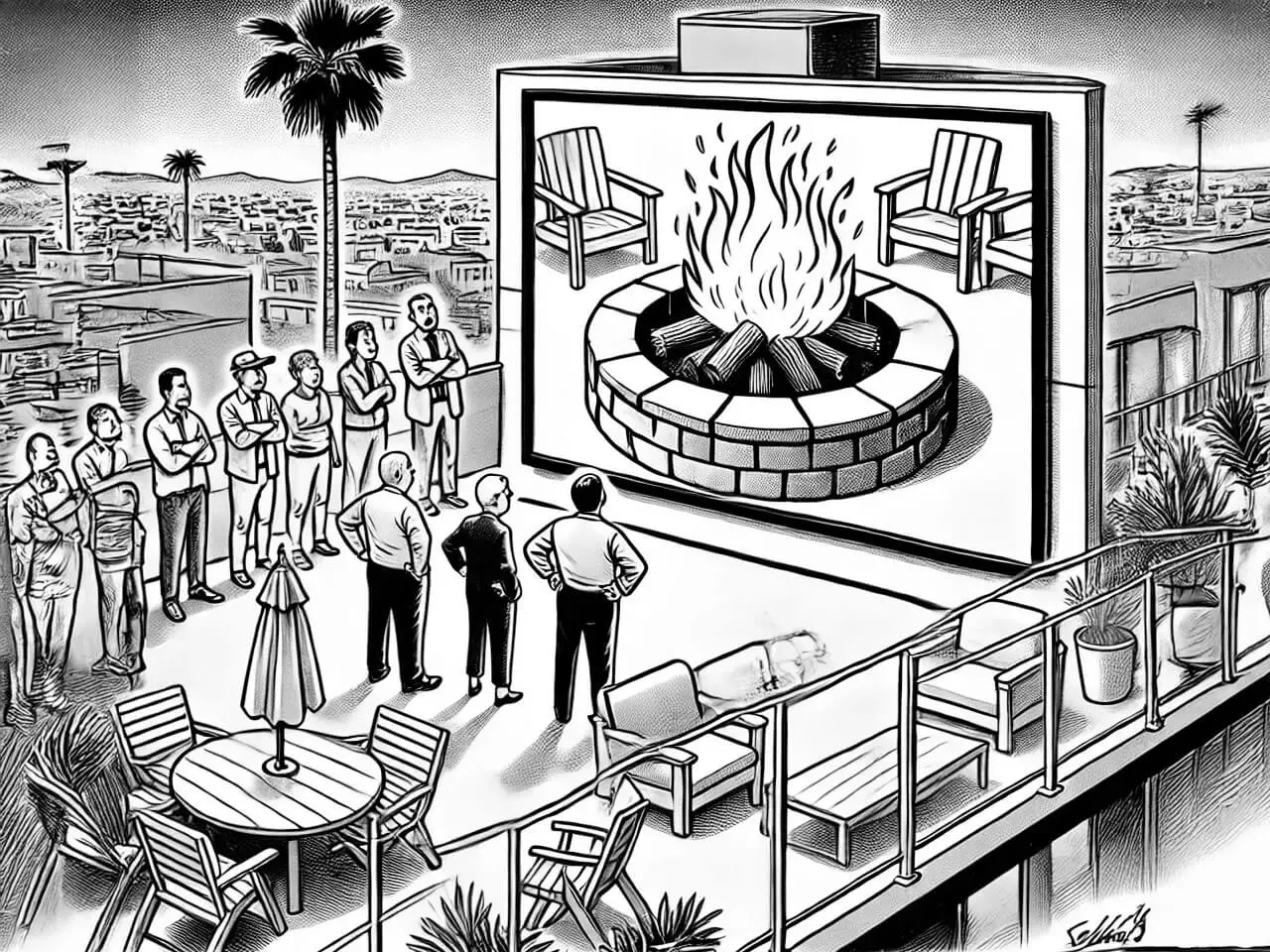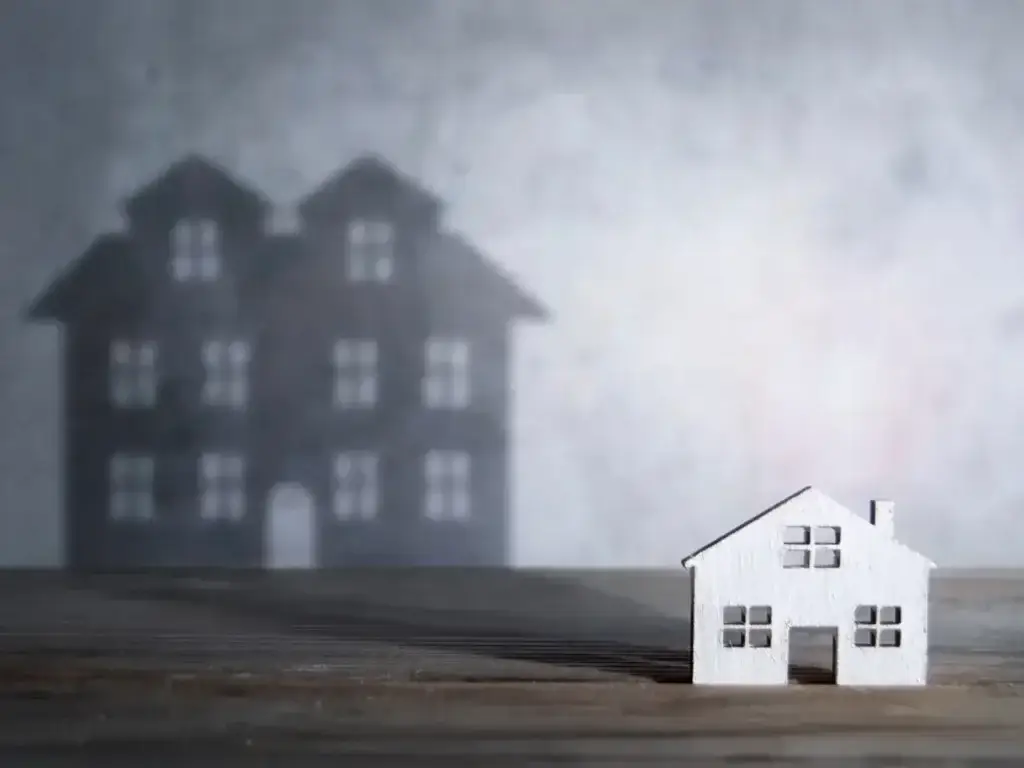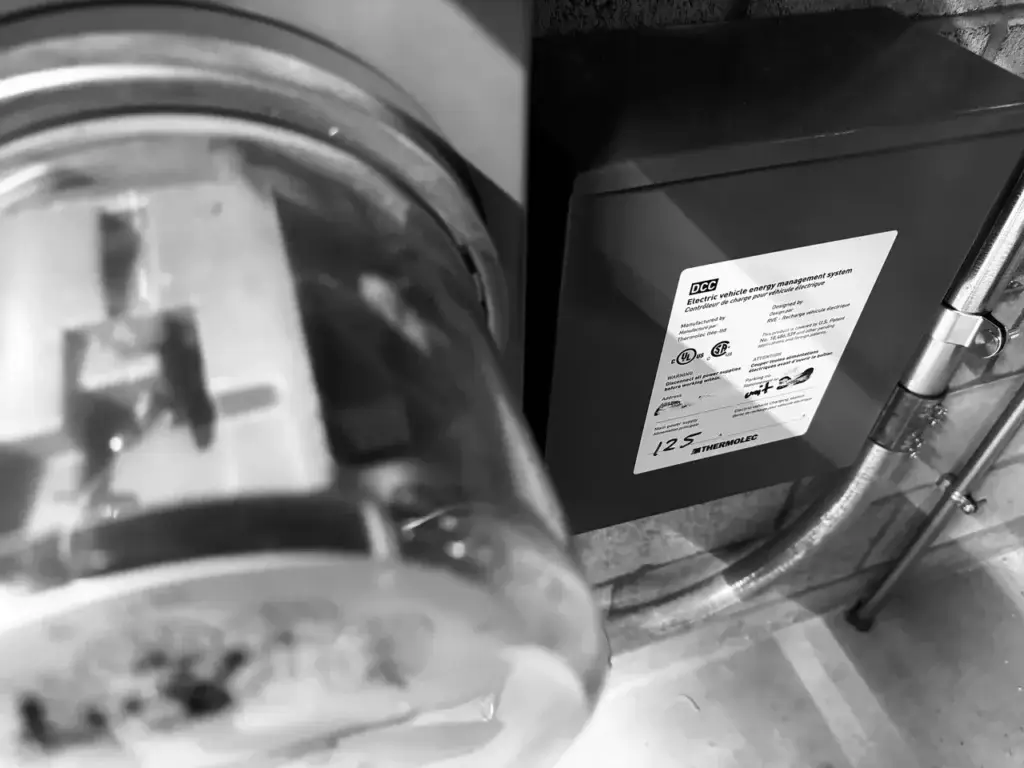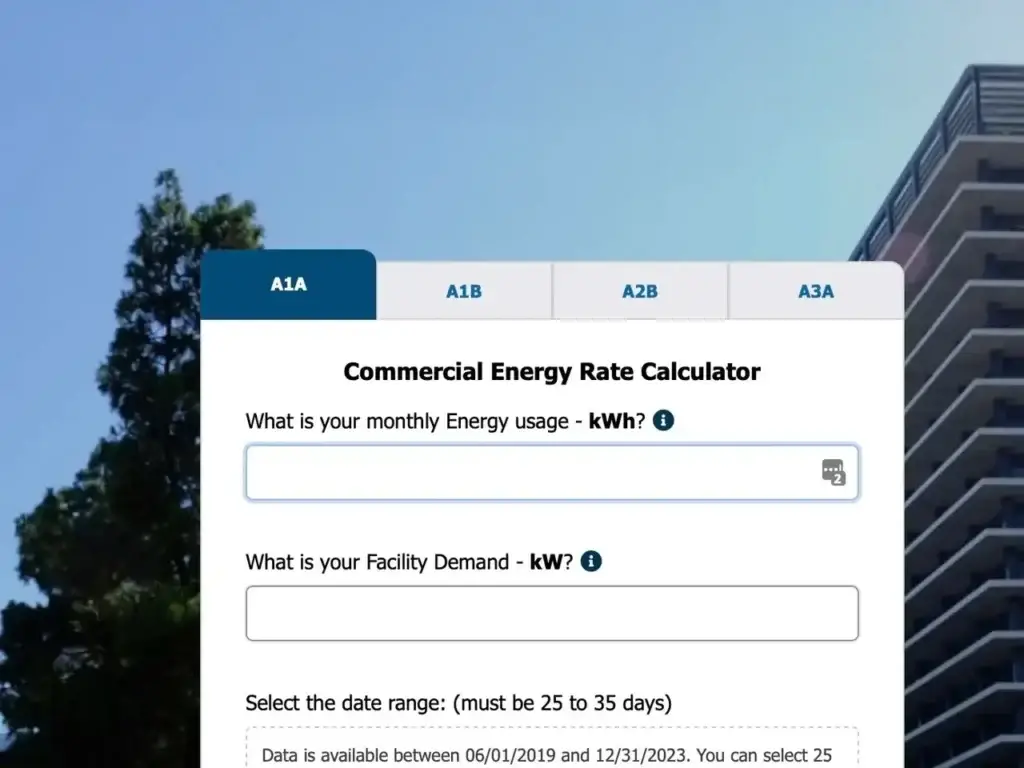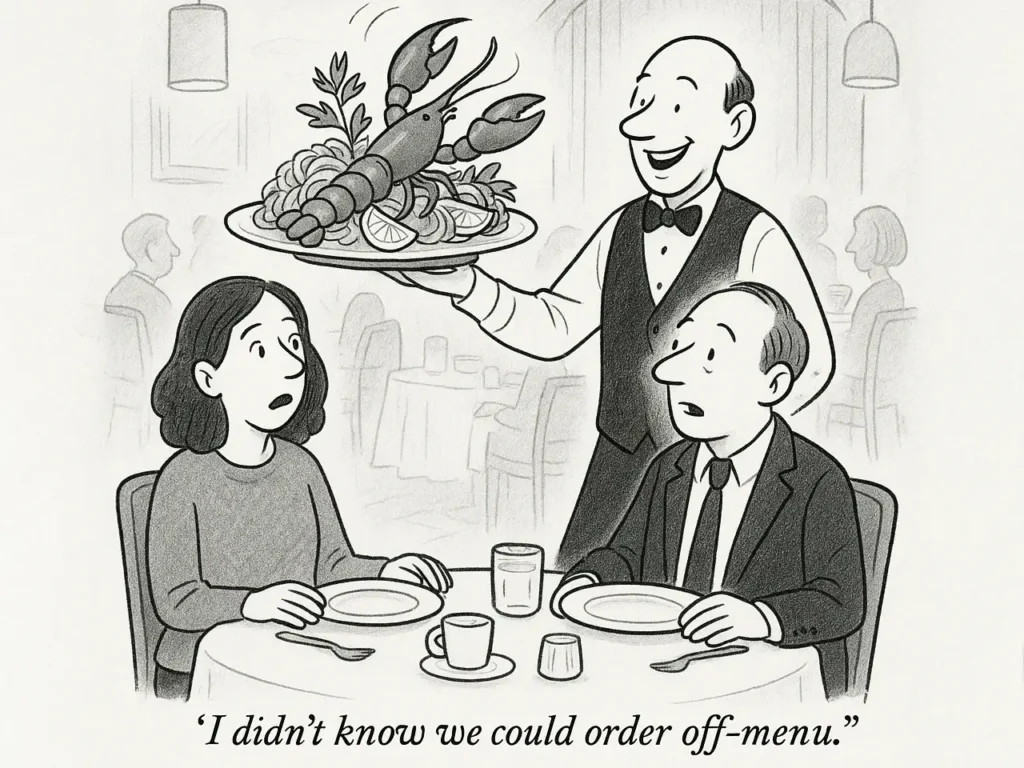Being a condo owner is different from being a tenant. Or a single-family homeowner. Sometimes in unexpected ways.
Here are a few real-life examples.
Repair of your unit is your responsibility. Maybe even if it’s not your fault.
If a leak stains your ceiling or your wall, don’t automatically assume the homeowners’ association (HOA) is going to repaint for you. Or fix your hardwood floor or replace your drapes.
The law governing condominiums is specialized and doesn’t always make sense to non-lawyers, or even lawyers who practice in other areas of law. This applies particularly to responsibility for water damage, which varies from one condo to another based on the CC&Rs, their policy and state law.
If the leak starts in HOA common area—a burst pipe, an old roof—the HOA needs to fix the source of the leak, but you may be responsible for damage inside your unit. Sometimes an HOA will repair drywall but nothing else in the unit. Or, if it’s event covered by your HOA’s building policy (not all damage is), you may be on the hook for the deductible.
And if the washing machine in the upstairs unit overflows, it’s not a sure bet that the owner upstairs is required to pay to repair your unit.
To protect yourself, buy a unit owner’s insurance policy (commonly known in California as an HO-6). It probably will help fix up your unit after that washing machine flood upstairs and provides liability coverage as well.
You are connected to your neighbors. Possibly by plumbing.
Condo plumbing lines can be a labyrinth. You may be on a stack with the unit upstairs. Or part of your unit may be connected to the unit beside you.
If your sink is clogged, it’s probably your responsibility. But if a shared pipe is involved, it may be the HOA responsibility. Some HOAs recommend you use the HOA’s plumber, who will then report back to the HOA on the source of the problem and whether it’s to be paid by the unit owner or the HOA.
If your shower runs hot and cold, it’s probably the fault of your shower valve…or the shower valve from another unit in your stack. It will take some plumbing detective work—and cooperative neighbors—to figure it out. Ditto if hot water is coming out of the cold tap.
Really. I’m not making this up.
No, the HOA probably can’t give you a better parking space.
The parking spaces may have been assigned in the CC&Rs, which were recorded whenever the building was built.
If you have plenty of charm and cash, you might persuade another homeowner to swap spaces with you, but the HOA is not going to help you there. Regardless of what the realtor told you.
No, you can’t take down the wall between the kitchen and the living room.
It would really open the place up, right? It could also make the building fall down. Or at least make your neighbor’s floor sag. And make the building more vulnerable in an earthquake.
No condominium should allow you to take out a wall without a report from a structural engineer.
No, you can’t put a firepit on your roof deck or balcony.
It probably violates the CC&Rs. And the fire code.
Fake grass is probably prohibited, too. It holds in rainwater and can damage the surface below, which is part of your building’s waterproofing system.
Some things you just can’t do in a condominium.

